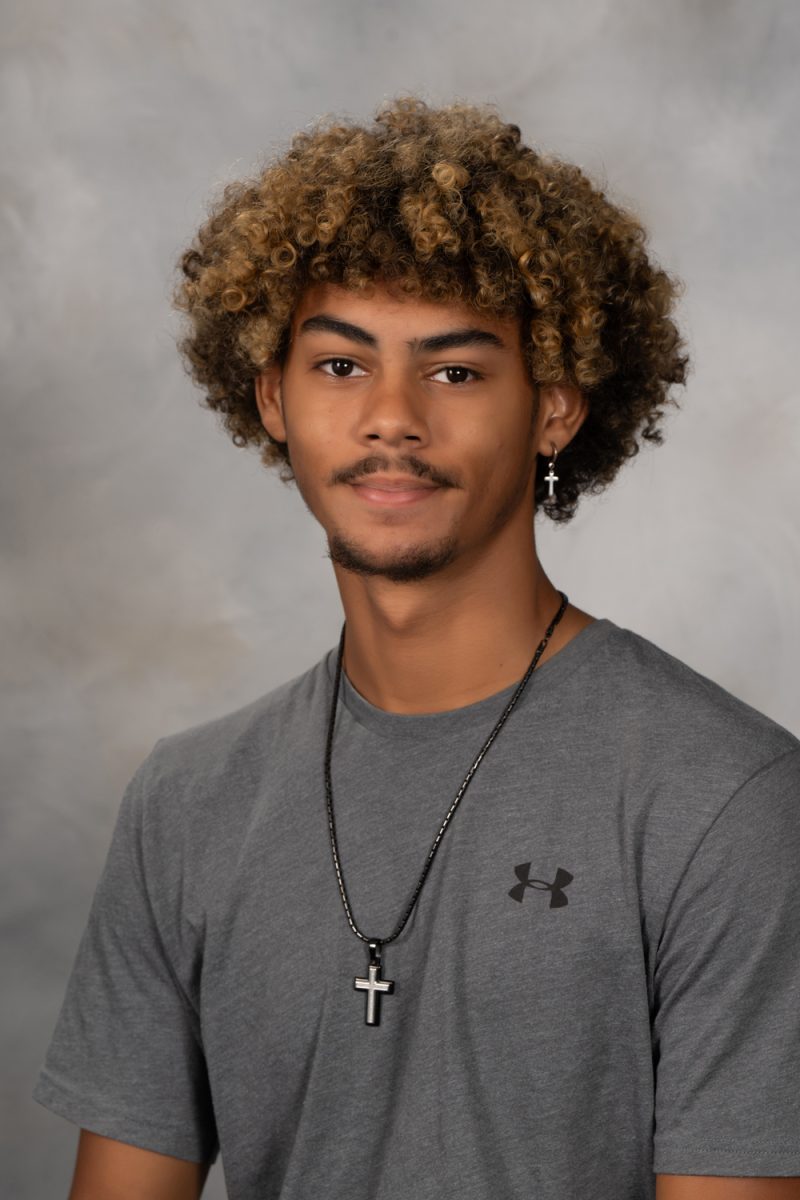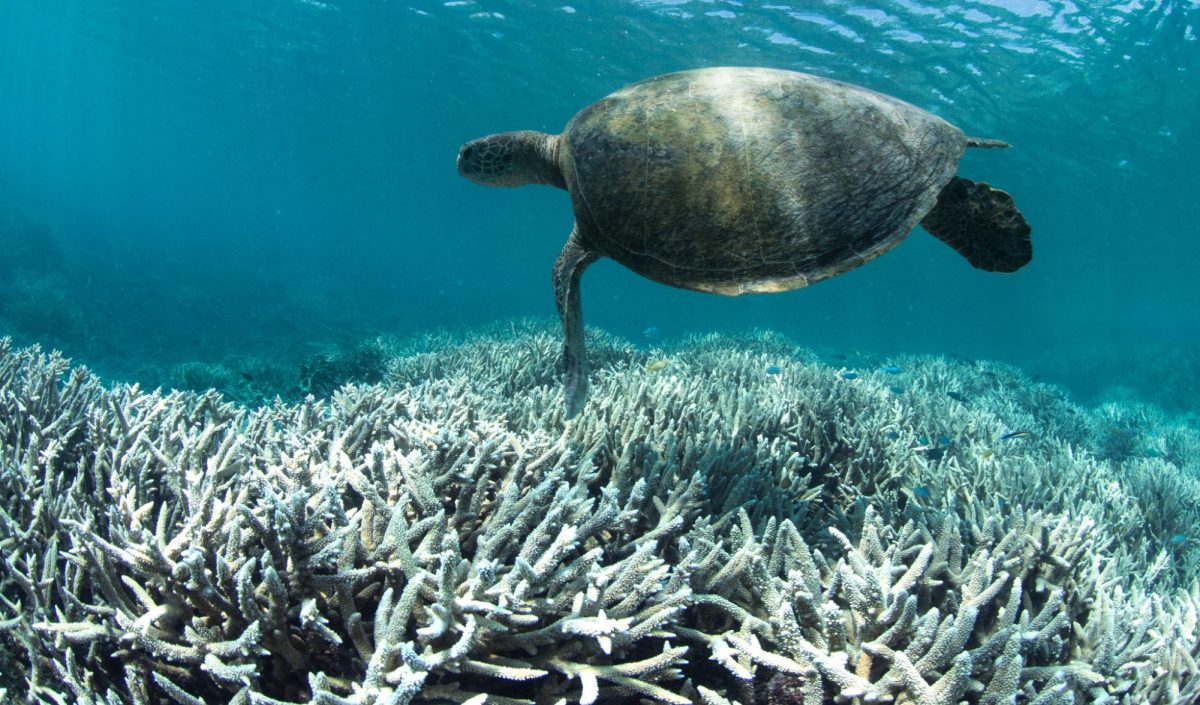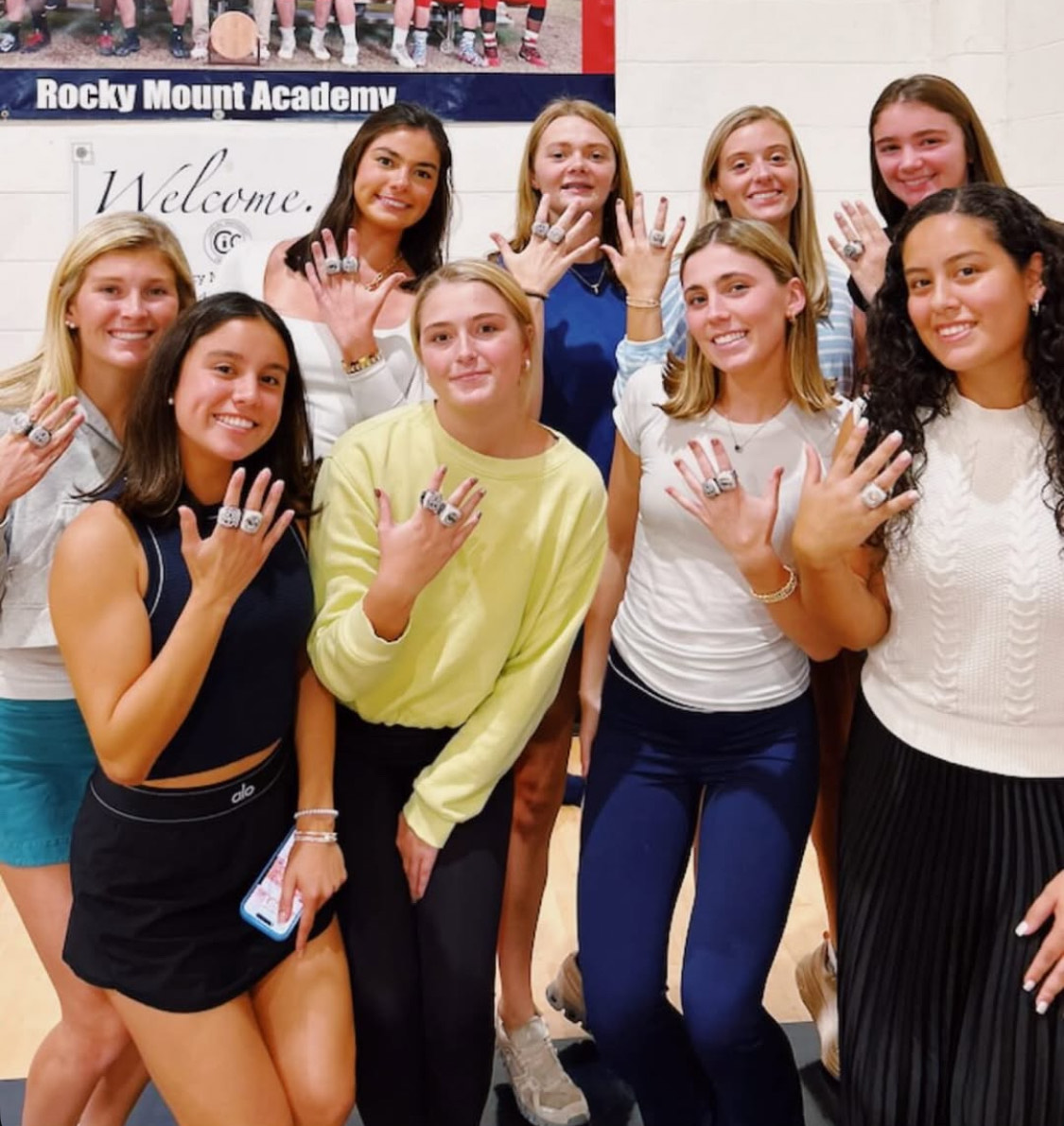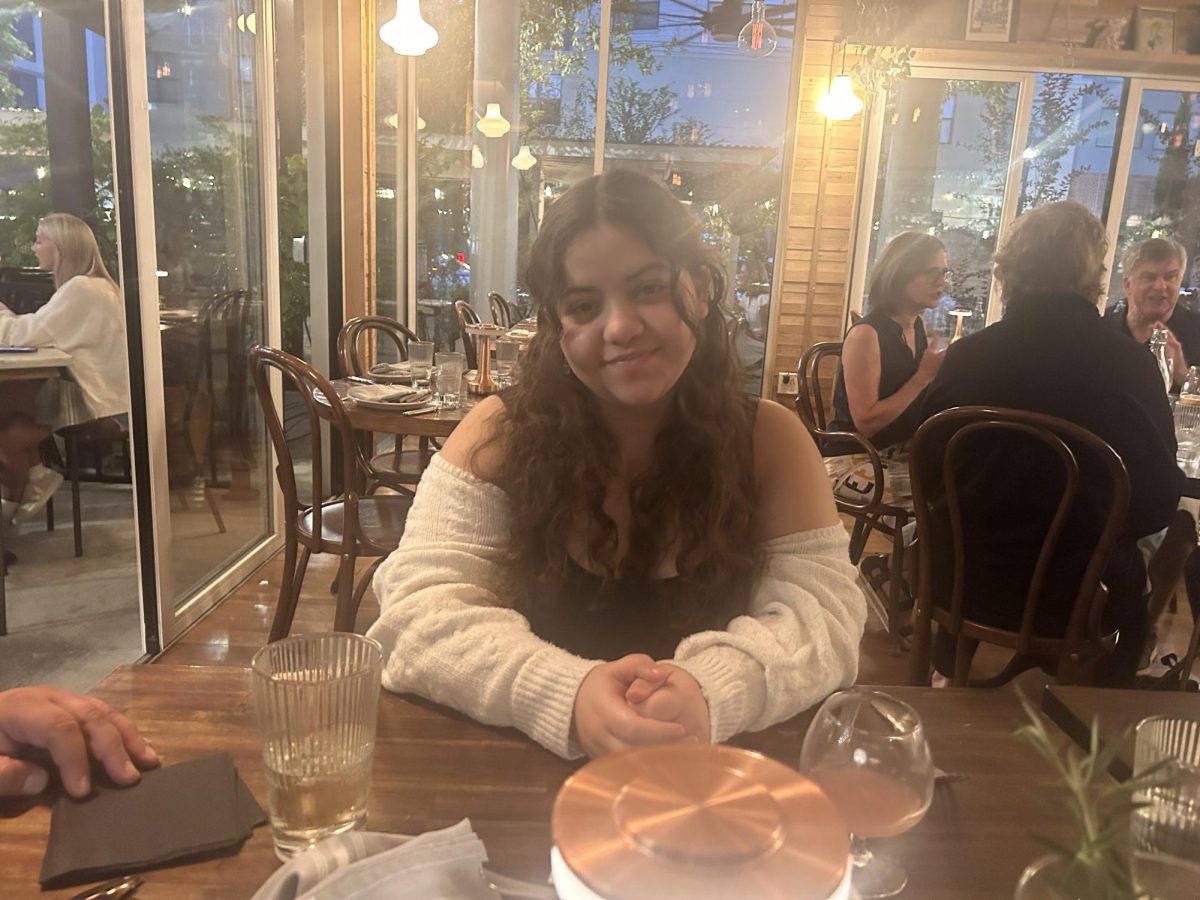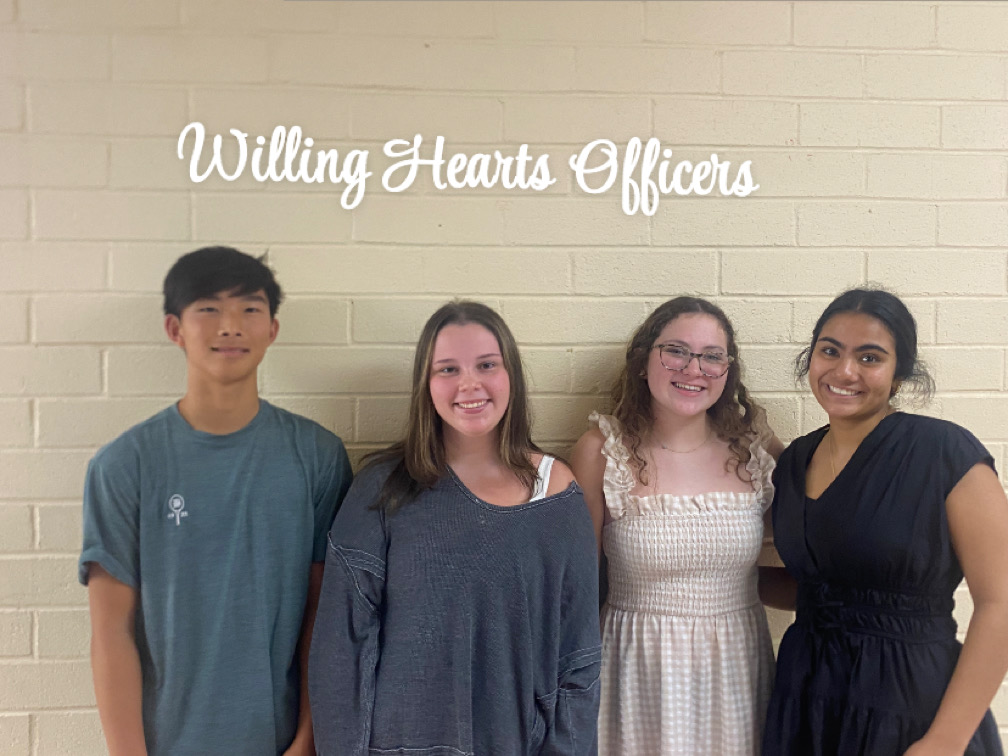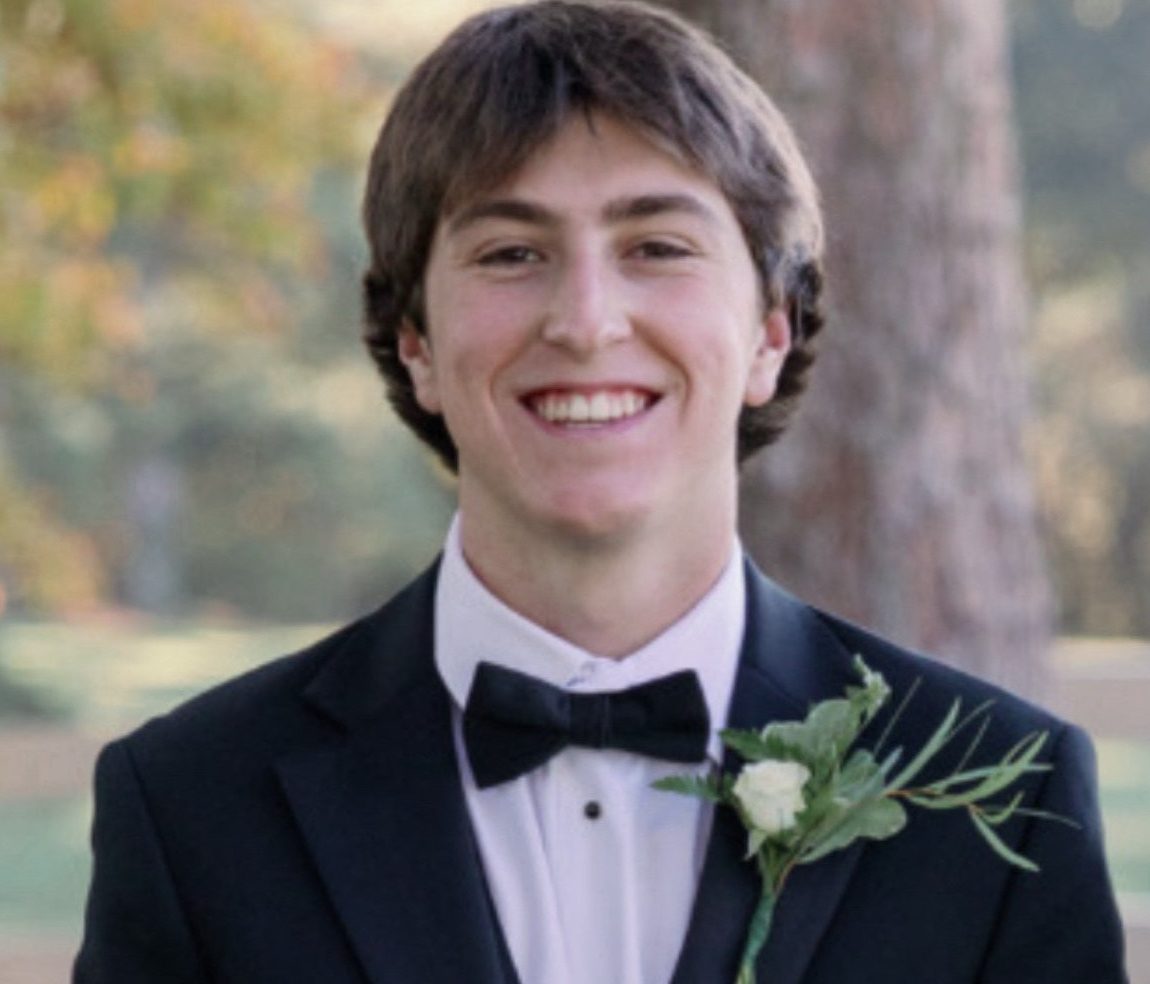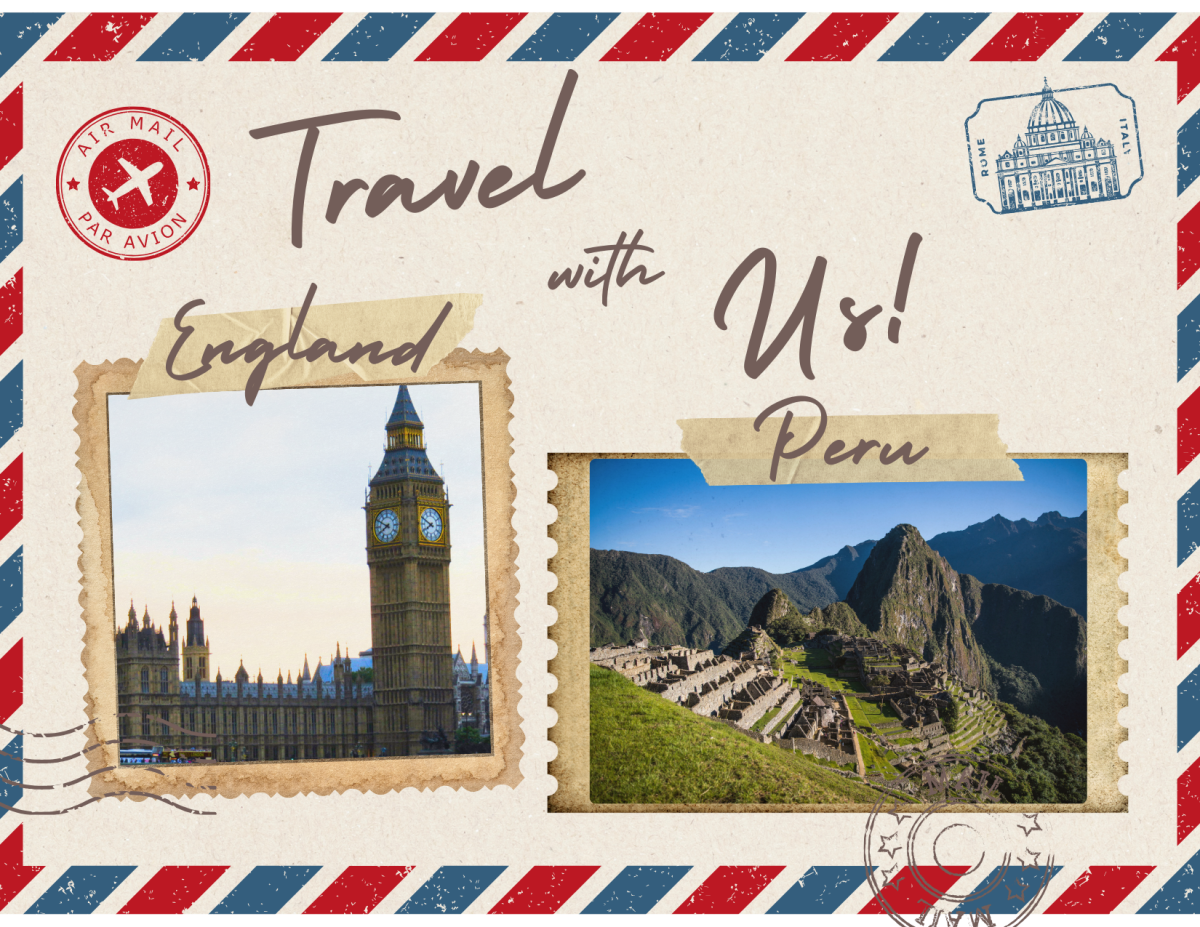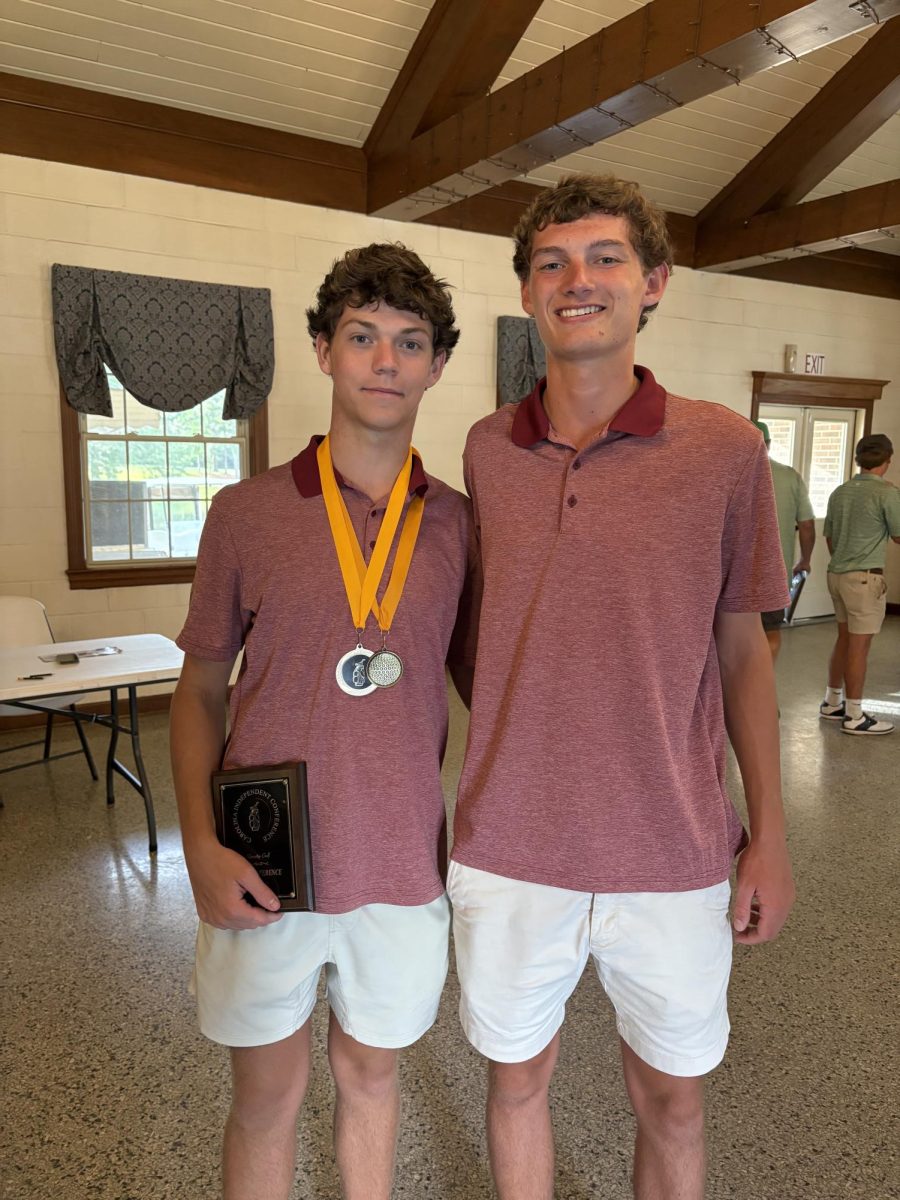This past summer, I was fortunate enough to take a life-changing trip to Africa that made me realize how interested I am in other places and cultures. Fortunately, RMA offers a program designed to nurture this passion: the Global Studies Honors Program, whose goal is to provide insight into other cultures and spread awareness that the problems and progress we should care about are not limited to the United States. As a new member, I want to share with you what inspired me to get involved in Global Studies.

My summer destination was Tanzania, which I visited with my dad, who had previously climbed Pike’s Peak with his friends. Tanzania is an East African country that borders the Democratic Republic of the Congo to the east and Kenya to the north. Our flight took roughly 23 hours and required us to change planes in Amsterdam. If you’re wondering why we took such a long flight to get to Africa, it was with the goal of climbing Mt. Kilimanjaro–the tallest mountain in Africa, standing at 19,341 feet.
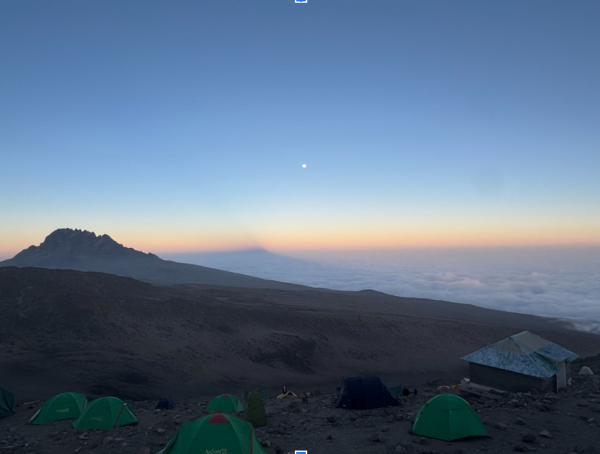
Reaching Mount Kilimanjaro was the easy part, whereas actually making it to the summit took eight grueling days. Most of the hike puts climbers at 12,000-15,000 feet; to give some perspective, the highest mountains in the continental United States are only around 14,000 feet, so dealing with altitude sickness is a problem most climbers encounter. At various parts of the ascent, I definitely showed signs of altitude sickness–like headaches and nausea–and even my vitals were affected, with my pulse ox dropping to the 70s, which–under normal circumstances at sea level–is considered life-threatening! The weather was another challenge: nights reached -15 degrees Fahrenheit, and that cold combined with Alpine desert dust made the trip up, for the most part, miserable, but the accomplishment of reaching Uhuru Peak at 19,341 feet and standing above the clouds made it all worthwhile.
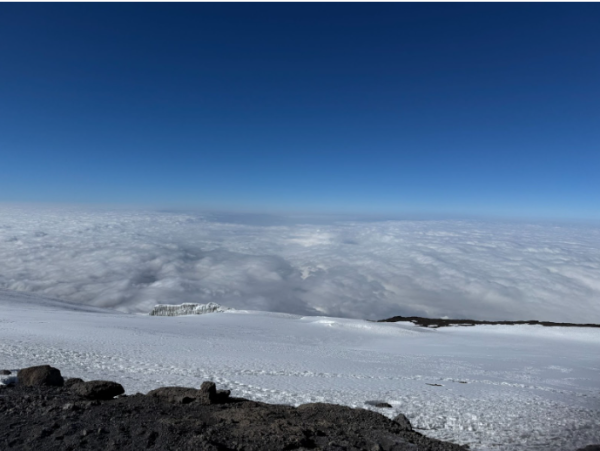
Although the hike was our main objective, it was also important to me to interact with the people of Tanzania and see what life is like for them. Sadly, life there can be as rough as it is on Mt. Kilimanjaro–just in a different way. The hotel-like compound we stayed at before hiking had barriers maybe ten feet high with electrical wires on top. To learn why these safety precautions were necessary, my group decided to go into the town of Moshi to explore and interact with local people. Moshi is a perfect example of what characterizes many areas in LMICs (Lower-Middle-Income Countries as defined by the World Bank). Without a strong, independent economy, Tanzania relies on tourism, so many residents near hotels and such earn a living by guiding tourists to various shops and restaurants; those business owners then offer the guides a commission in return. Sure enough, once we left the compound, we were approached by numerous local residents trying to bring us places and get us to buy things. What we saw around town was a sad reminder of how good we have it here in the US. For the most part, the city lacked basic amenities like electricity and clean drinking water. There was also a lack of police protection: we saw drug dealers openly exchanging goods and money, and our guides and guards at the compound warned us to be extra cautious.
Despite these warnings, I couldn’t pass up the opportunity to speak personally with several local teens during my trip. One of the teens I met said their favorite American musician was Justin Bieber (though he’s actually Canadian) and said I looked just like him! On a more serious note, I asked about things we have in common, like education. The teens I encountered said that because the best jobs available are working in tourism, they focus primarily on becoming professional tour guides. This means working as a sherpa (also known as a porter hired for trekking) for at least twenty years and then, at around age 30, going to school–universities for policing and becoming guides are commonplace–to improve their English since the majority of tourists are from English-speaking countries in Western Europe but most Tanzanians speak Swahili.
Since I’m interested in a career in medicine (everyone in my family works in healthcare), I also asked about the state of medical care there. One teen said that they are receiving insufficient aid due to the fact that USAID withdrew a significant amount of funding in early 2025. Fortunately, private individuals are helping to fill the gaps: a doctor we encountered on the flight over was actually going to Tanzania as part of a joint medical effort that conducts research regarding the spread of HIV/AIDS. Inspired by what I saw and the people I met, I also hope to go back at some point as a medical student or doctor and try to help.
If you find an opportunity to travel outside of the US, I would definitely encourage you to go. It’s something that not everyone gets to do, but it builds character and opens your eyes to the realities of other countries.




